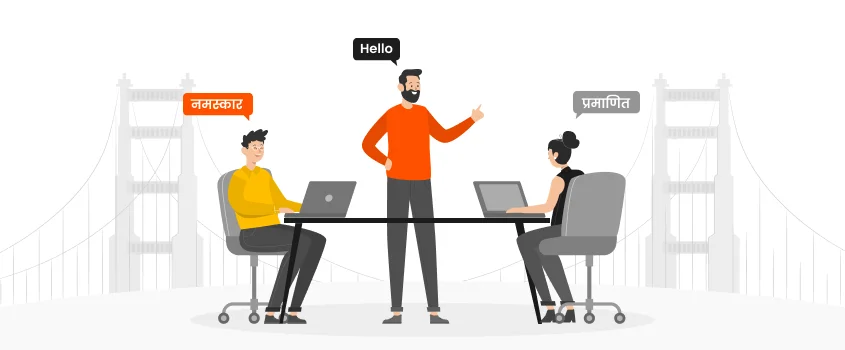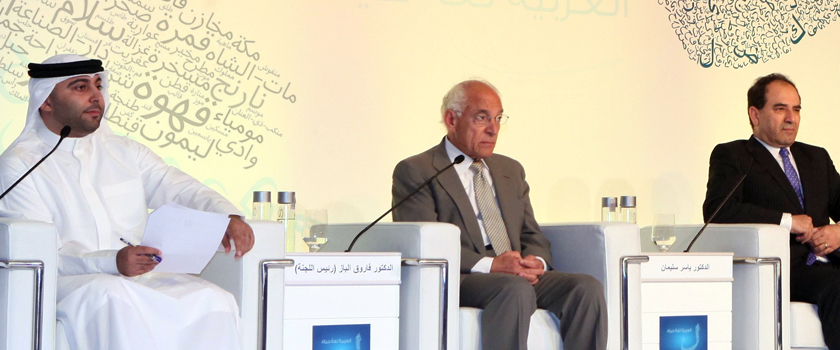2025 Offer Request a Quote Today and Grab a $50 Coupon for Free!
The last three years have been crucial for the Metaverse. Companies like Facebook and Apple are beginning to tailor their products in anticipation of the new technology. A new technology that the likes of Mark Zuckerberg have described as the holy grail of social interactions.
Mark predicts that holograms, VR, AR, and all related bits of technology will create an environment for fluid adoption of the Metaverse technology for various reasons. His claims are true, we can see how rapidly technology is changing and how the pandemic has changed people's minds about early adoption.
One of the best factors of the Metaverse is the inherent democratization it will provide. Everyone on Earth will have access to the same virtual/digital worlds without barriers that the physical world imposes. However, there is a language barrier, a metaverse world will have visitors from different regions. Hence, meeting people who speak different languages will make communication difficult.
Services like Google Translate are great for one-on-one conversations. But, the metaverse will have hundreds and thousands of people that speak various languages. This can become a hurdle in socializing and conducting business across the metaverse.
But there may be a solution to all of this! Let’s dive into the details.
The terminology of the Metaverse was first introduced in a science fiction novel from 1992 called ‘Snow Crash’ by combining the words Meta and Universe. Science fiction explains that the Metaverse is an immersive virtual world that is powered by the internet on a universal scale. It is accessed through technologies like virtual reality (VR) and augmented reality (AR).
In layman's terms, the Metaverse is a 3D network of virtual worlds that focus on economic and social interaction. Scientists define the Metaverse as a 3D online virtual environment where users represent themselves through avatars and virtual properties.
Currently, the blockchain contains products that can relate to the Metaverse but are not what the concept is fully about. Bloktopia, for example, is a platform where people can use VR headsets to enter a universe where they can interact with others, play games, own virtual properties, and more.
Similarly, the popular game Fortnite is also kind of like a metaverse. People own avatars, can attend concerts, and can socialize. However, there is no AR or VR support currently. Call of Duty has something similar with certain products specially created for VR use. Some companies often use the term Metaverse to expand their business or public relations.
Well, if you look at science fiction and what technology experts say. The metaverse will immerse you inside a virtual world with virtual properties, social aspects, virtual currency, and more. Looking at CyberPunk 2077’s concept, devices will be created where we can feel sensations like touching.
Mark Zuckerberg expects offices to have virtual spaces where people will work remotely. If we expect the best, then the Metaverse will be a virtual world through which you can shop, socialize, earn, and live just like the real world. Children will attend school through it, and people will have important business meetings. There will be clubs, sports centers, and everything the physical world has.
You can say the metaverse will be a mirror of the physical world in pixels but with technology where you can feel sensations. Honestly, it all sounds exciting and terrifying at the same time. But time will reveal more!
Well, there is no official language of the metaverse and language is a big concern for the big industry players. What we can say for sure is that people from all over the world will be using the metaverse eventually. Technology is expensive for the early adopters and later becomes affordable for the masses. So, we can expect more first-world country users and educated individuals to use the technology first. Hence, it is safe to assume the most commonly spoken language will be English.
The list above is based on population size, technology, number of speakers, and current global interest in metaverse-based technologies.
An interesting concept is floating around that AI technology for the metaverse will translate all languages in real time. This means that, unlike regular AI translation software that translates one language into another. The metaverse AI will translate all languages into the users' preferred language.
Hence if a Russian speaker, an English speaker, and a Mandarin speaker were having a conversation in the metaverse. AI will translate each language during the conversation. The English speaker will hear English, the Mandarin speaker Mandarin, and the Russian speaker Russian. Moreover, they may also see a written representation of the conversation as well. It is expected that the technology will be able to handle over 50 different languages at the same time.
If we look at current technology AI commonly tends to make translation errors especially if the conversation is not on general topics. The more complicated the terminologies the more prone it is to making errors.
For example, conversations that include medical, legal, or technical terminologies will have higher chances of translation errors. But general conversations like making an order or discussing celebrities are less likely to produce translation errors.
The metaverse is slowly making its way into mainstream technologies. It is certainly an exciting concept and can potentially change the world. The metaverse will change the way we look at social interactions, businesses, social upbringings, dating, and so much more. Eventually down the line the language barrier, technology barrier, and other related hurdles will dissipate. I am anxiously looking forward to it.

Turkey, the country straddling eastern Europe and western Asia is one of the most advanced and rapidly developing countries of
Read more
Mumbai (formerly known as Bombay) is the largest city of India and a cosmopolitan metropolis. Located on India’s west coast,
Read more
Mars Translation believes in bringing the best side of your business forward and that is why we have multiple international
Read more
Mars Translation provides one of a kind professional Danish translation services all over the world. All of Mars Translation’s translators
Read more
Mars Translation believes in bringing the best side of your business forward and that is why we have multiple international
Read more
Informed consent is the process by which doctors provide necessary medical information to their patients so that they can agree
Read more
Pune, also known as Puna, is the second largest city in the west-central Indian state of Maharashtra. It is the
Read more
Do you have a birth certificate in another language that needs to be translated into Russian language? If so, we
Read more
Recognizing an employee award is entirely convenient. It is both a formal and an informal acknowledgement of an employer’s effort,
Read more

